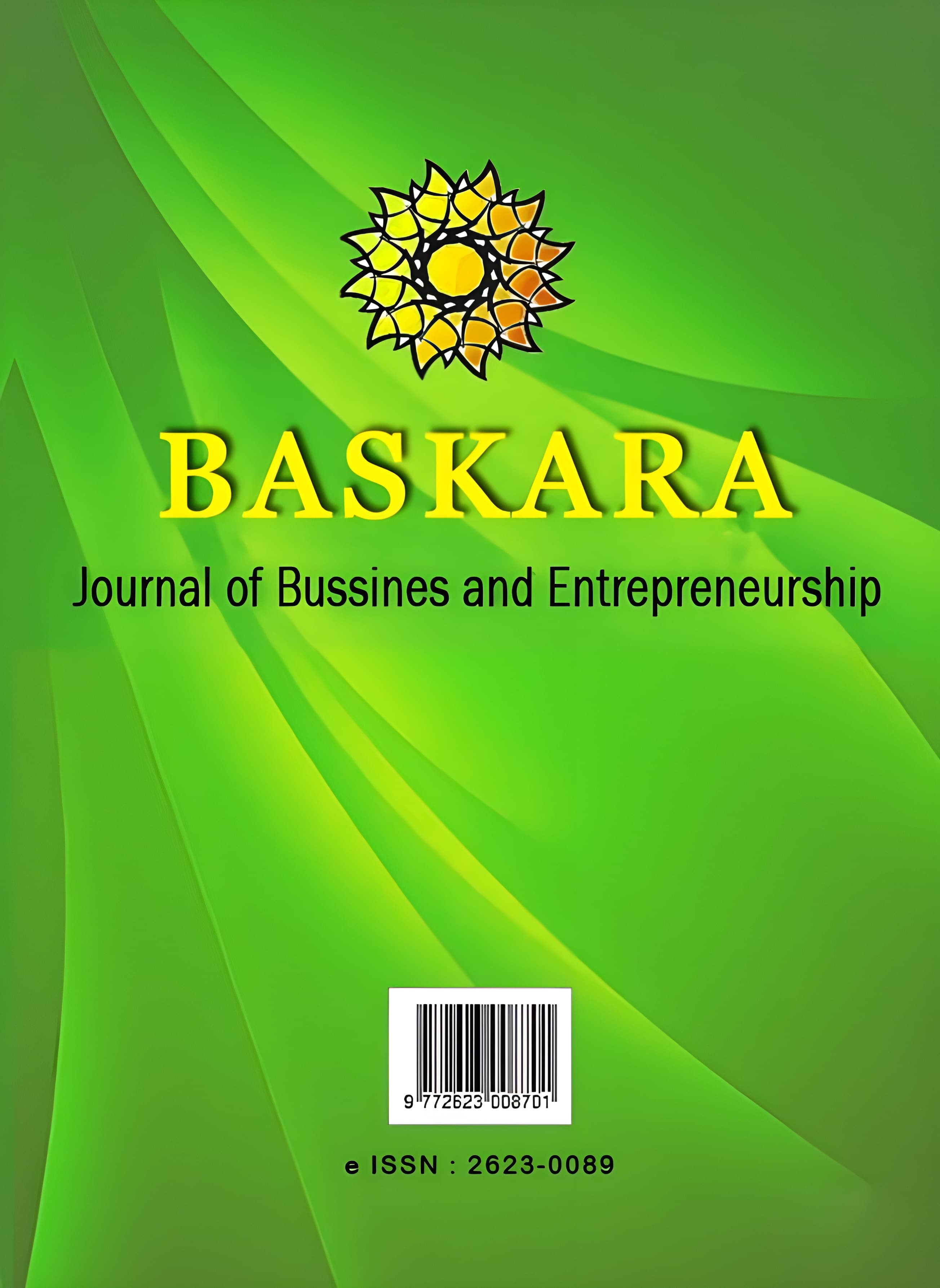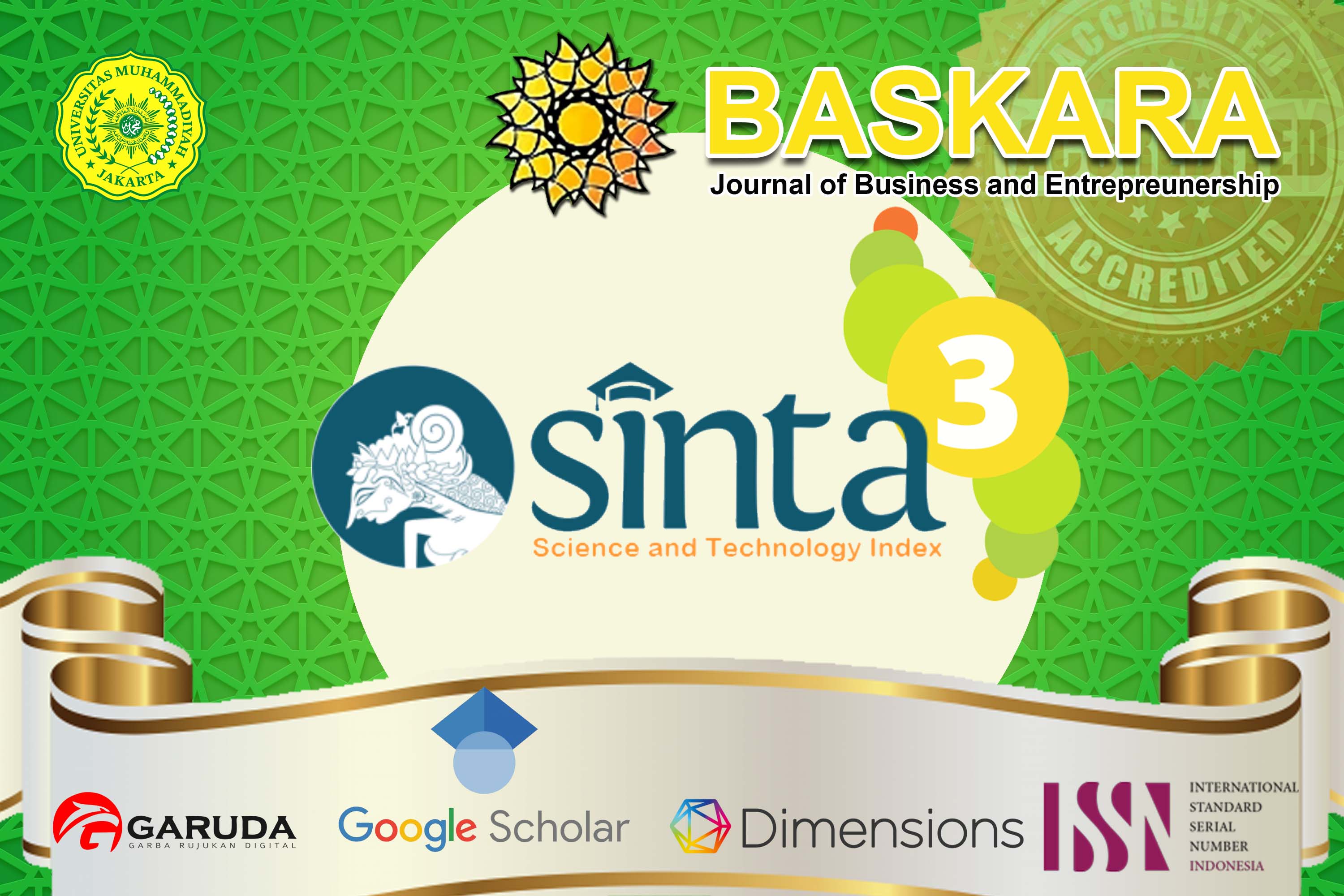Enhancing MSME Competitiveness in Brunei through Halal Certification: Challenges and Training Opportunities
Keywords:
Focus Group Discussion, Halal Certification, Micro, Smalland Medium Enterprise (MSME) Competitiveness, Small, and Medium Enterprise (MSME) TrainingAbstract
The International Community Service held in Brunei Darussalam occurred at the Embassy of the Republic of Indonesia in Bandar Seri Begawan, targeting Indonesian micro, small, and medium enterprise (MSME) entrepreneurs residing there. This event was organized in collaboration with the Association of Indonesian Accounting Lecturers (ADAI), the Indonesian Community Association, and the Indonesian Muslim Entrepreneurs Association. The main objective was to unify perspectives on addressing pressing halal issues and enhancing MSME competitiveness through halal certification. Featuring knowledge-sharing sessions themed "Strategies for Enhancing MSME Competitiveness through Halal Certification: Challenges and Opportunities," the event occurred on September 18, 2024, and attracted 150 participants from 40 universities across Indonesia, both online and in person. The implementation method employed a Focus Group Discussion (FGD) approach and in-depth interviews, including training on strategies to improve MSME competitiveness through halal certification, obtaining halal certification, and identifying challenges and opportunities. Activities included preparing the team, introducing topics, summarizing discussions, analyzing data, and assessing the feasibility of qualifying MSMEs. The FGD and training materials cover the halal certification process, benefits, compliance with Islamic law, and strategies to improve MSME competitiveness at the international level and understand the differences in halal certification and product labelling between Indonesia and Brunei.Downloads
Published
Issue
Section
License
Copyright (c) 2025 BASKARA : Journal of Business and Entrepreneurship

This work is licensed under a Creative Commons Attribution-NonCommercial 4.0 International License.
In order for Baskara: Journal of Business and Entrepreneurship to publish and disseminate research articles, we need publishing rights (transfered from author(s) to publisher). This is determined by a publishing agreement between the Author(s) and Baskara Journal. This agreement deals with the transfer or license of the copyright of publishing to Baskara: Journal of Business and Entrepreneurship, while Authors still retain significant rights to use and share their own published articles. Baskara : Journal of Business and Entrepreneurship supports the need for authors to share, disseminate and maximize the impact of their research and these rights, in any databases.
As a journal Author, you have rights for a large range of uses of your article, including use by your employing institute or company. These Author rights can be exercised without the need to obtain specific permission. Authors publishing in Baskara : Journal of Business and Entrepreneurship have wide rights to use their works for teaching and scholarly purposes without needing to seek permission, including:
- use for classroom teaching by Author or Author's institution and presentation at a meeting or conference and distributing copies to attendees;
- use for internal training by author's company;
- distribution to colleagues for their reseearch use;
- use in a subsequent compilation of the author's works;
- inclusion in a thesis or dissertation;
- reuse of portions or extracts from the article in other works (with full acknowledgement of final article);
- preparation of derivative works (other than commercial purposes) (with full acknowledgement of final article);
- voluntary posting on open web sites operated by author or author’s institution for scholarly purposes.
Copyright Transfer Agreement for Publishing (Publishing Right)
The Authors who submit manuscript has to understand that if accepted for publication, mean that all copyright and publishing right of the article shall be assigned/transferred to Baskara: Journal of Business and Entrepreneurship as assigned publisher.
- CC BY-NC: This license allows reusers to distribute, remix, adapt, and build upon the material in any medium or format for noncommercial purposes only, and only so long as attribution is given to the creator.
It includes the following elements:
BY ![]() – Credit must be given to the creator
– Credit must be given to the creator
NC ![]() – Only noncommercial uses of the work are permitted
– Only noncommercial uses of the work are permitted
Baskara (C) Copyright (2022):
BASKARA: Journal of Business and Entrepreneurship by https://jurnal.umj.ac.id/index.php/baskara
is licensed under a Creative Commons Attribution-NonCommercial 4.0 International License








